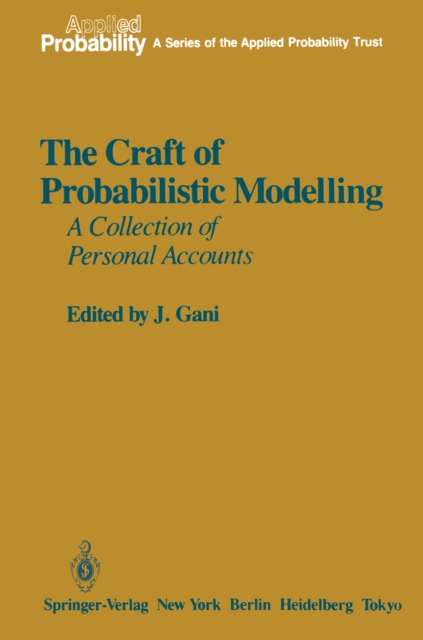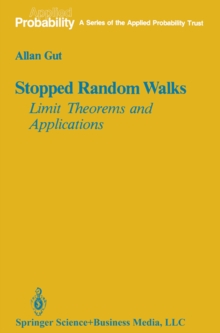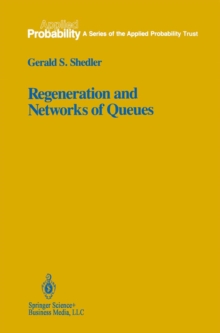
The Craft of Probabilistic Modelling : A Collection of Personal Accounts PDF
Edited by J. Gani
Part of the Applied Probability series
Description
This book brings together the personal accounts and reflections of nineteen mathematical model-builders, whose specialty is probabilistic modelling.
The reader may well wonder why, apart from personal interest, one should commission and edit such a collection of articles.
There are, of course, many reasons, but perhaps the three most relevant are: (i) a philosophicaJ interest in conceptual models; this is an interest shared by everyone who has ever puzzled over the relationship between thought and reality; (ii) a conviction, not unsupported by empirical evidence, that probabilistic modelling has an important contribution to make to scientific research; and finally (iii) a curiosity, historical in its nature, about the complex interplay between personal events and the development of a field of mathematical research, namely applied probability.
Let me discuss each of these in turn. Philosophical Abstraction, the formation of concepts, and the construction of conceptual models present us with complex philosophical problems which date back to Democritus, Plato and Aristotle.
We have all, at one time or another, wondered just how we think; are our thoughts, concepts and models of reality approxim&tions to the truth, or are they simply functional constructs helping us to master our environment?
Nowhere are these problems more apparent than in mathematical model- ling, where idealized concepts and constructions replace the imperfect realities for which they stand.
Information
-
Download - Immediately Available
- Format:PDF
- Publisher:Springer New York
- Publication Date:06/12/2012
- Category:
- ISBN:9781461386315
Information
-
Download - Immediately Available
- Format:PDF
- Publisher:Springer New York
- Publication Date:06/12/2012
- Category:
- ISBN:9781461386315









